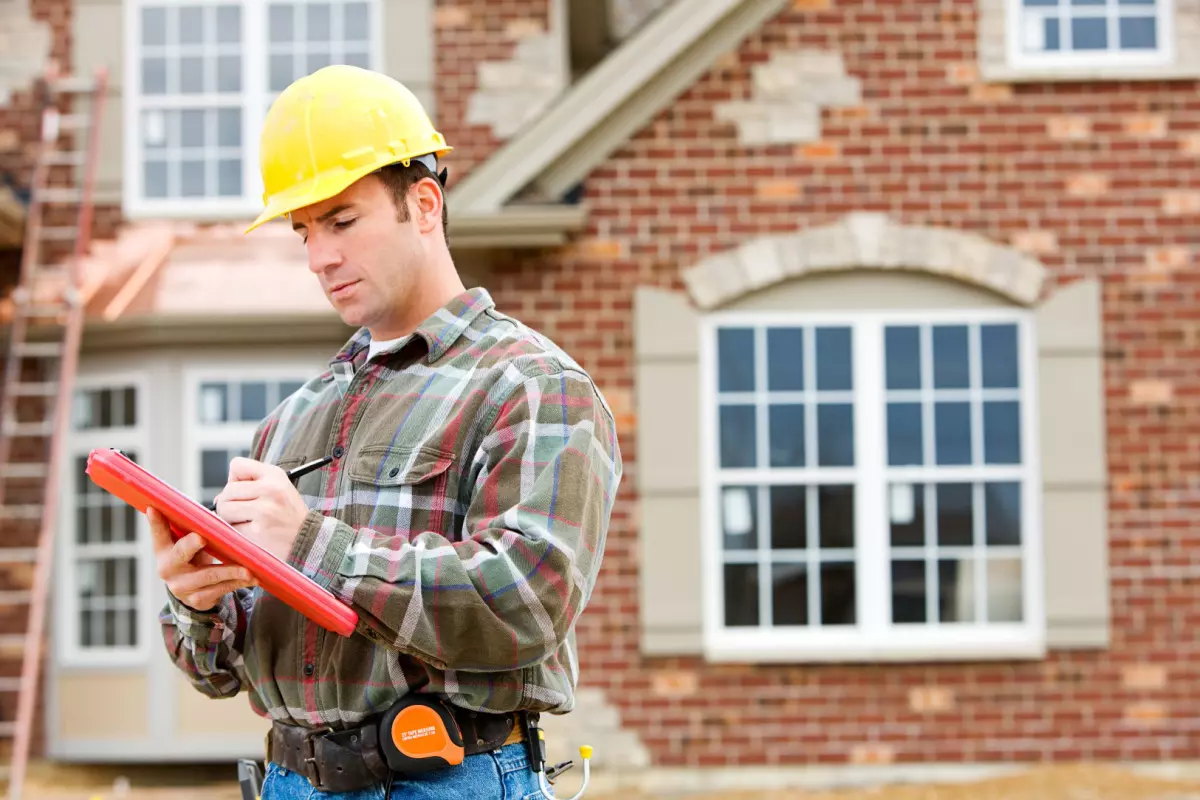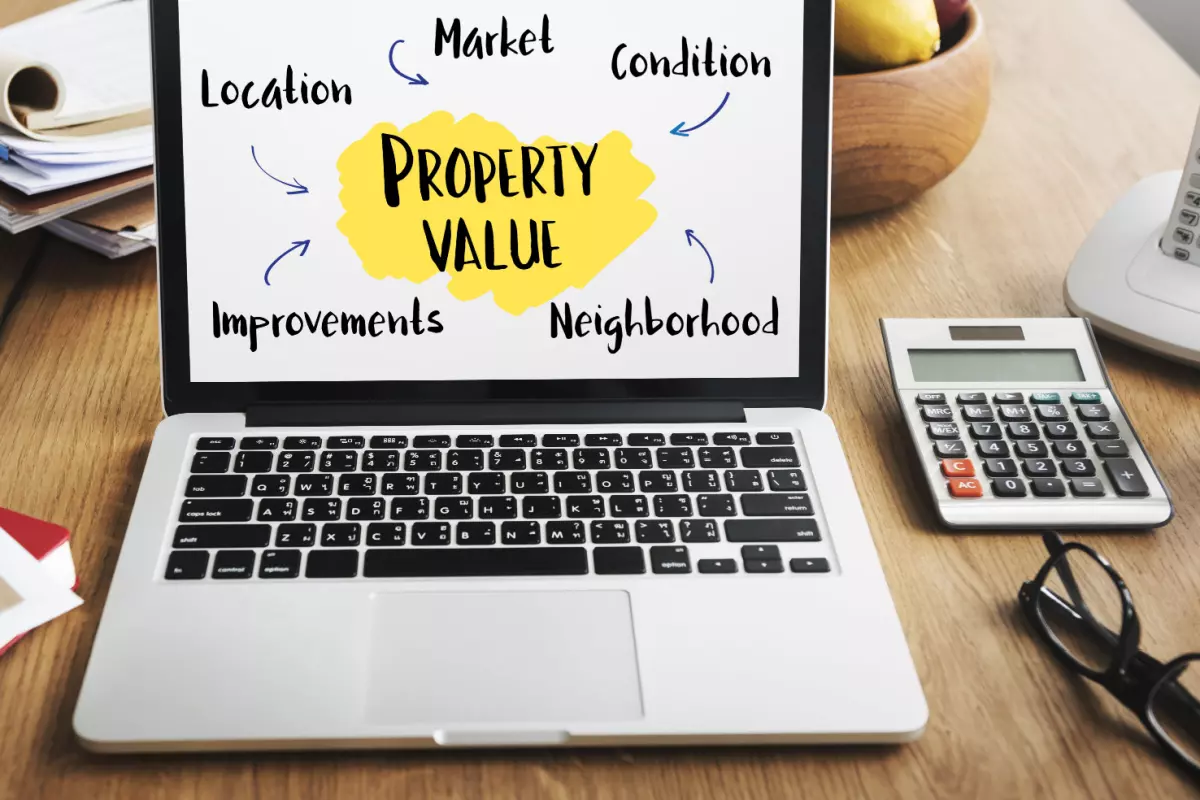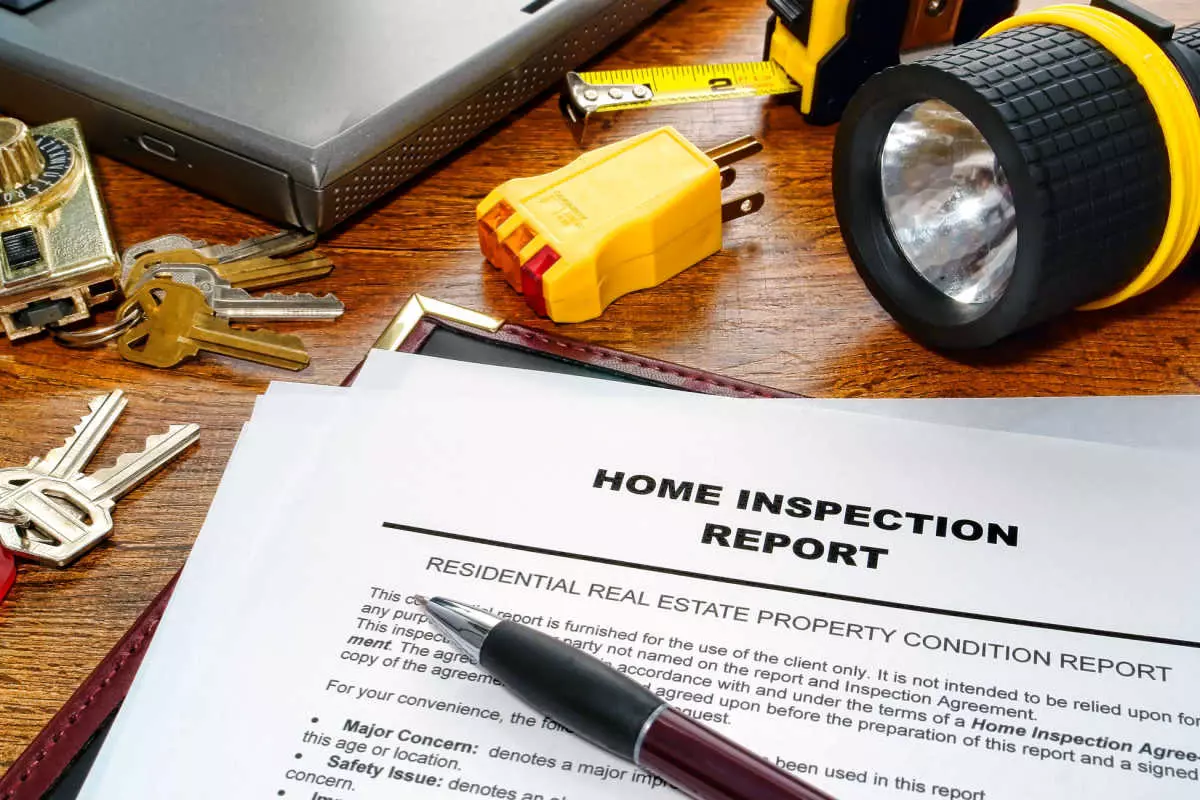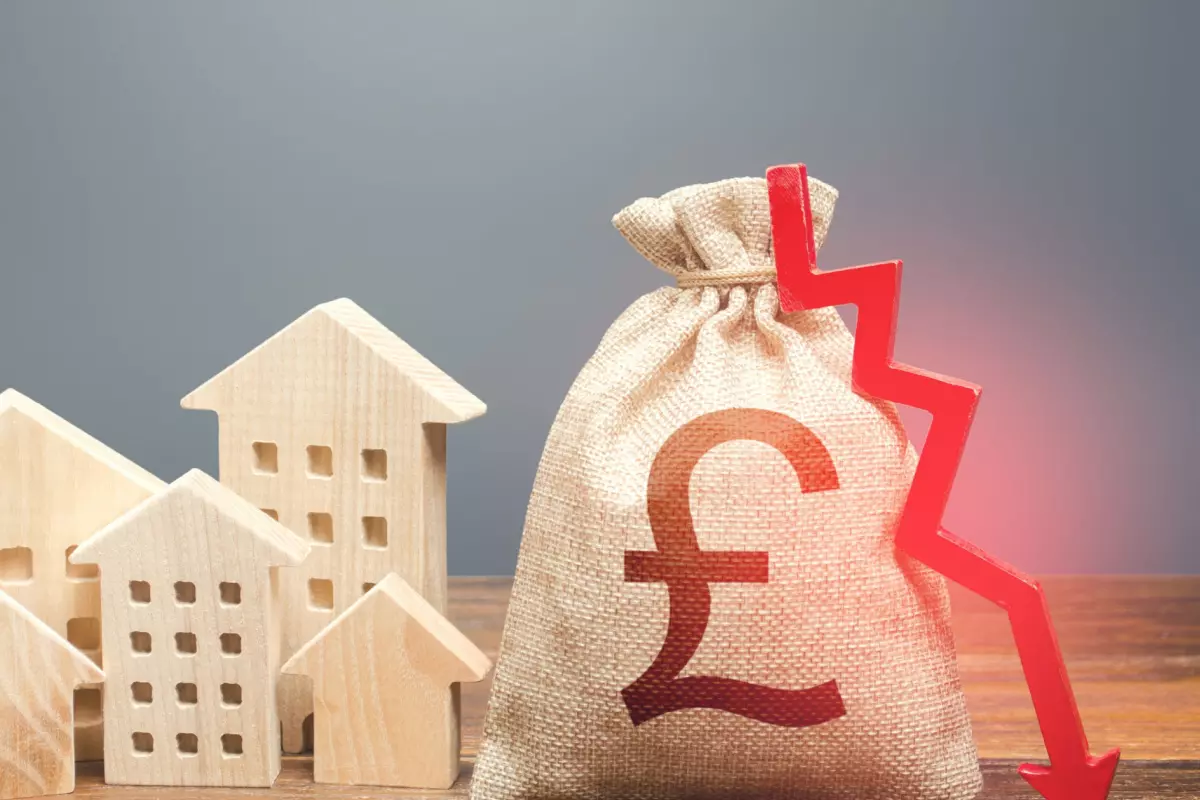You’ve taken the plunge and decided to buy your first home. Congratulations! One of the key steps in buying your first home is navigating a range of procedures and costs. Among these is a mortgage valuation, which is necessary for securing your home loan.
But what is a mortgage valuation, and how can you ensure that you are investing in an appropriately valued property? In this guide, we will delve into what a house valuation for a mortgage entails and how understanding it can help you avoid surprises, save time, and secure your finances more efficiently.
How Does Mortgage Valuation Work?
A mortgage valuation is an assessment carried out by a mortgage surveyor to determine the value of a property. This valuation is not only essential for you to understand the worth of your prospective home but also required by the mortgage lender. The lender’s primary aim is to make sure the property is a safe financial investment for a loan.

Typically, the process of obtaining a loan will include the following steps:
- Select a Mortgage Lender: Begin by researching and selecting a suitable mortgage lender based on your financial needs and their offerings. Once you’ve made your choice, the lender will initiate the valuation process.
- Appointment of a Mortgage Surveyor: The lender will appoint a qualified mortgage surveyor to handle the valuation. This professional is trained to evaluate properties accurately, ensuring both the buyer and lender are making informed decisions.
- Schedule the Site Visit: The surveyor will coordinate with the property owner or estate agent to schedule a visit. During this step, the surveyor will physically inspect the property.
- On-site Assessment: During the site visit, the surveyor will meticulously assess various aspects of the property, including its size, structural condition, age, layout, and any unique features. The property’s location and its proximity to local amenities and transport will also be evaluated.
- Comparative Market Analysis: To provide a well-rounded valuation, the surveyor will analyse recent sales of comparable properties in the vicinity. This helps in understanding current market trends and ensuring the valuation is aligned with them.
- Compilation of the Valuation Report: After gathering all necessary data, the surveyor will compile a comprehensive valuation report. This document will detail the property’s assessed value and may also highlight any concerns or factors that influenced the valuation.
- Report Submission: The valuation report is then submitted to both the mortgage lender and the prospective buyer. The lender uses this report to finalise the mortgage offer while the buyer gains insights into the property’s worth and any potential issues.
What Is a Mortgage Valuation Used For?
A mortgage valuation is primarily used by lenders to ascertain the value of a property before they agree to provide a mortgage. Here’s a breakdown of its main uses:
- Determine Property Value: The primary role of a mortgage valuation is to provide an estimate of the property’s current market value. This ensures that the amount the lender is considering to loan is appropriate for the property’s worth.
- Risk Assessment: Lenders use the valuation to gauge the risk associated with the loan. If the property’s value is lower than the requested mortgage amount, it might be deemed a higher risk.
- Loan Amount Confirmation: Based on the valuation, lenders can confirm, adjust, or decline the amount they’re willing to lend to the prospective buyer.
- Property Condition Overview: While not as detailed as a full survey, the valuation gives a brief overview of the property’s condition, highlighting any glaring issues that might affect its value.
- Buyer Assurance: For buyers, a mortgage valuation can offer some reassurance. If the valuation aligns closely with the purchase price, it can indicate that they’re paying a fair amount for the property.
How Is a Property Valued?
A property’s value is determined through a combination of its size, condition, location, and even the value of similar properties in the area – often referred to as “comps” or comparable sales.

Modern valuation also uses software that analyses additional variables like local school ratings, public transport accessibility, and future zoning plans. All these factors provide a comprehensive understanding of the property’s worth, helping buyers and sellers make informed decisions.
How Long Does a House Valuation Take?
A house valuation survey usually takes up to a week, but this timeline can fluctuate depending on the size of the property and the availability of key information.
For example, if the property has unique features, such as an intricate architectural design, or is located in a newly developed area where comps are scarce, the process may take longer.
How Much Does Mortgage Valuation Cost?
The cost of a mortgage valuation can fluctuate based on factors such as the organisation providing the valuation and the size of the property. A typical range for a mortgage valuation is between £150 and £1,500. Some lenders might include a free valuation in a mortgage package, but most of the time, you’ll have to cover this cost yourself.
Overlooking this fee is a common oversight that can disrupt your financial planning. Make sure to account for valuation costs in your initial budget calculations to avoid unpleasant surprises later on.
Understanding the Defects and Common Types
Understanding the defects that can negatively impact your mortgage valuation can help protect your investment. Property defects can include the following:
- Structural Issues: Cracks in the foundation or walls, subsidence due to shifting soil, and water damage can severely undermine the integrity of a building. This can damage the long-term stability of the property and lower the mortgage valuation.
- Legal Complications: Boundary disputes and lack of proper permits for modifications or renovations can land you in legal trouble and negatively impact your home valuation. This is because homes that aren’t up to local building codes will be far less valuable. Undertake a comprehensive land survey and legal check to ensure that all paperwork is in order. Hiring a real estate lawyer for this purpose can save you from future headaches.
- Age-Related Wear and Tear: Older homes often have outdated electrical wiring, plumbing issues, or safety standards that don’t meet current regulations. These not only affect valuation but can also pose a safety risk, leading to a lower valuation of the property.
- Neighbourhood Factors: A property’s location can significantly influence its value. Proximity to good schools, public transport, and amenities like shopping and healthcare centres can support a higher valuation, while high crime rates or pending construction projects could depress property values.
- Prior Ownership: The history of ownership and maintenance can also impact a property’s value. Properties with frequent turnovers or those that have been used as rental units may exhibit more wear and tear, which can spur a down valuation of the property.
What Is a Home Survey?
A home survey, commonly known in the UK as a mortgage valuation survey, is a detailed inspection of a property’s condition. Conducted by a qualified surveyor, this assessment provides potential buyers with a clear understanding of the property’s structural health and any underlying issues that might not be immediately visible.

These are the common types of home surveys:
- Condition Report (Level 1): This is the most basic type of survey, suitable for newer homes and standard properties. It provides an overview of the property’s condition, highlighting any significant issues but without detailed advice.
- HomeBuyer’s Report (Level 2): More detailed than the Condition Report, this survey assesses both the inside and outside of the property. It offers advice on defects, repairs, and maintenance but doesn’t look behind walls or under floorboards. Often, this is the type of survey lenders refer to when they mention a lender valuation.
- Building Survey (Level 3): The most comprehensive option, this survey is suitable for older homes or properties in need of repair. It provides an in-depth analysis of the property’s condition, including a thorough inspection of all accessible parts of the property.
A home survey can be invaluable for potential buyers. It offers insights into any potential problems, such as dampness, subsidence, or structural issues, allowing buyers to make an informed decision.
Additionally, understanding the property’s condition can be a valuable tool in price negotiations or in planning for future repairs. It’s worth noting that some banks might request specific surveys, commonly known as bank valuations, before approving a mortgage.
Mortgage Valuations vs. House Surveys
When purchasing a property in the UK, you should understand the difference between a mortgage valuation and a house survey. These are two distinct processes, each serving a unique purpose.
A mortgage valuation is a process that primarily serves the lender. Here are its key features:
- Purpose: It determines whether the property is a suitable security for the loan amount you’ve requested.
- Scope: This valuation is quite basic, assessing the property’s general condition and ensuring it’s worth the borrowed amount. It might not identify all defects or issues.
- Cost: Typically, the buyer will be charged for this service, though some mortgage deals might offer it for free.
A house survey is a more detailed examination tailored for the buyer. Here’s what you need to know:
- Purpose: A house survey is for the buyer’s benefit. It provides detailed insight into the property’s condition, highlighting any potential issues or required repairs.
- Scope: There are different types of house surveys, ranging from the basic ‘Home Condition Survey’ to the more detailed ‘Building or Structural Survey.’ The depth of the survey depends on the type chosen.
- Cost: The buyer usually incurs the cost, and it varies based on the survey’s depth and the property’s size.
What Is Down Valuation?
Down valuation occurs when a lender’s assessment of a property’s worth is less than the selling price. For example, if a buyer has agreed to purchase a property for £260,000, but the lender’s surveyor values it at only £250,000, this £10,000 difference is referred to as a down valuation.
Several factors can lead to a down valuation. These can range from the volatility of the property market, broader economic conditions, or local property supply-and-demand dynamics.

For buyers, a down valuation can present challenges. If the lender values the property at a lower price, they might offer a smaller loan amount. This situation could require the buyer to increase their deposit to bridge the difference or even renegotiate the property price with the seller.
How to Navigate Down Valuation
Unfortunately, several factors can cause a property’s value to be less than originally estimated. Nevertheless, there are strategic steps you can take to minimise the risk of overpaying, making the home-buying journey smoother for you.
Challenge the Down Valuation
If you strongly believe the down valuation is incorrect, you can try challenging the result. Gather evidence that can demonstrate a higher property valuation and present this to the mortgage lender for reconsideration. Features can include factors like the size of the house, how old it is, what condition it’s in, or comparable recent sales in the neighbourhood.
Also, consider listing anything special about the home that could make it worth more, like a new kitchen or a well-maintained property. Once you have all this information, share it with your mortgage lender and ask them to reconsider the home’s value.
Renegotiate Price
A down valuation can be a reason to go back to the seller to renegotiate the price. Use the lender’s assessment as leverage to align the sale price more closely with the down valuation. Consider bringing documentation from the valuation showing where the valuation turned negative, as that can serve as a negotiation point for the sale price.
Find a New Lender
Different lenders have different valuation methods. If you find yourself stuck with a down valuation that neither you nor the seller agrees with, consider applying for a mortgage with a different lender who might offer a more favourable valuation.
Avoiding down valuation is pivotal to keeping your property mortgage at a manageable rate, as a down value on a property can result in
- Higher interest rates: Interest rates may be higher to protect the lender’s investment.
- Higher deposits: Lenders may request a higher deposit to protect their investment.
- Loan denial: Some lenders might deny a loan if a down valuation is too steep, which can result in losing the property altogether.
If you find yourself in a situation where your mortgage costs are too steep due to a down valuation, don’t panic. There are tips to manage mortgage payments to determine how to manage your finances and protect your investment.
What is a Remortgage Valuation?
A remortgage valuation functions much like an initial mortgage valuation but occurs when you’re contemplating switching mortgage lenders or renegotiating terms.
This valuation reassures your new lender about the current market value of the property, as property values can fluctuate over time due to market conditions or improvements you may have made to the home.
Sum Up
Navigating mortgage valuations can be daunting, especially for first-time buyers. Buying a home is a monumental task filled with various checks, but being aware and prepared can save you from unnecessary hurdles. Now that you know what a mortgage valuation is, you are one step closer to becoming a homeowner.